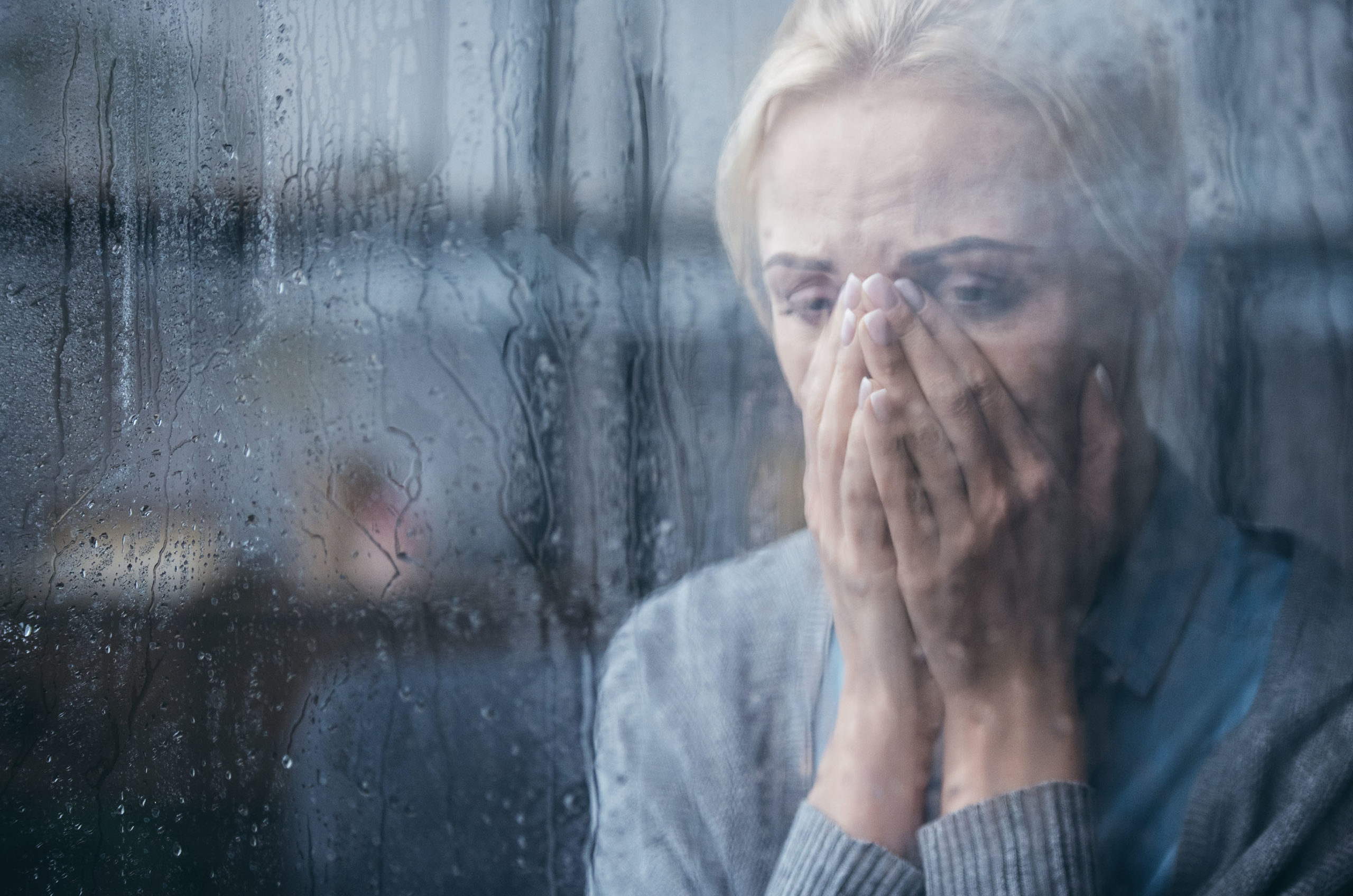
Most women make the transition into menopause without experiencing depression, but many women report symptoms of moodiness, depressed mood, anxiety, stress, and a decreased sense of well-being during perimenopause. Women with a history of clinical depression or a history of premenstrual syndrome (PMS) or postpartum depression seem to be particularly vulnerable to recurrent depression during perimenopause, as are women who report significant stress, sexual dysfunction, physical inactivity, or hot flashes. The idea of growing older may be difficult or depressing for some women. Sometimes menopause just comes at a bad time in a woman’s life. She may have other challenges to deal with at midlife, and menopause gives her one more problem on her list. It has been suggested that mood symptoms may be related to erratic fluctuations in estrogen levels, but limited data exist on why this occurs. Antidepressants are the primary pharmacologic treatment for menopause-associated depression. Menopause hormone therapy and hormone contraceptives can be used as off-label therapies, especially in women with concurrent hot flashes. The wide range of psychological symptoms reported during the menopause transition, from irritability and blue moods to the recurrence of major depression, can be identified and often treated by a woman’s primary care provider or a menopause practitioner.